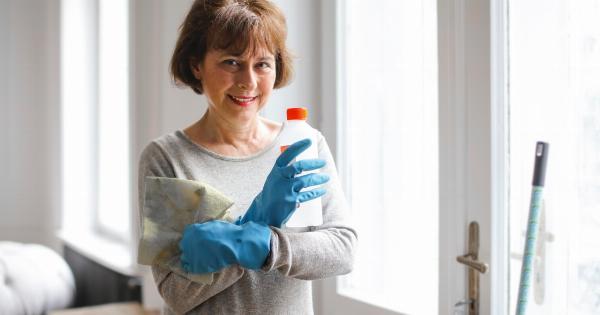When you check into a hotel, you probably assume that your room has been thoroughly cleaned and sanitized before your arrival. However, microbiologist Dr.
Charles Gerba has conducted extensive studies on hotel room cleanliness and his findings may shock you.
The Germs Lurking in Your Hotel Room
Dr. Gerba’s studies found that hotel rooms are rife with bacteria, viruses, and other pathogens that can make you sick. Some of the most common germs found in hotel rooms include:.
- Staphylococcus aureus, a type of bacteria that can cause skin infections and respiratory problems
- Influenza viruses, which can cause severe respiratory illness
- Norovirus, which can cause vomiting and diarrhea
- Methicillin-resistant Staphylococcus aureus (MRSA), a type of staph bacteria that is resistant to many antibiotics
- E. coli bacteria, which can cause severe gastrointestinal illness
These germs can live on surfaces for days, and can easily be spread from person to person through touching contaminated surfaces or breathing in airborne droplets.
The Dirtiest Places in Your Hotel Room
So, where are these germs hiding in your hotel room? Dr. Gerba’s studies found that the dirtiest places in hotel rooms include:.
- TV remote controls
- Light switches
- Doorknobs
- Bathroom faucets and handles
- Bathroom toilet seats and handles
These high-touch surfaces are rarely disinfected by housekeeping staff, and can harbor dangerous levels of germs and bacteria.
The Importance of Cleaning and Disinfecting Hotel Rooms
The risks of staying in a dirty hotel room are not limited to unpleasant odors and unsightly stains.
Exposure to harmful pathogens can have serious health consequences, particularly for young children, elderly adults, and people with weakened immune systems.
To protect yourself from these germs, it is important to bring disinfectant wipes and hand sanitizer with you when you travel.
Be sure to use these products to wipe down high-touch surfaces in your hotel room, and always wash your hands thoroughly with soap and water before eating or touching your face.
Hotel owners can also take steps to minimize the risk of infection in their properties.
This includes ensuring that housekeeping staff use effective cleaning products, regularly disinfect high-touch surfaces, and properly launder linens and towels between guests. Some hotels are also adopting new cleaning technologies, such as ultraviolet light disinfection and electrostatic spraying, to kill germs and bacteria more effectively.
The Bottom Line
When it comes to hotel room cleanliness, you can never be too careful. The germs lurking in your room can pose a serious risk to your health, so it is important to take steps to protect yourself and your loved ones from infection.
By staying informed about hotel room cleanliness and adopting good hygiene practices, you can enjoy your travels with greater peace of mind.






























